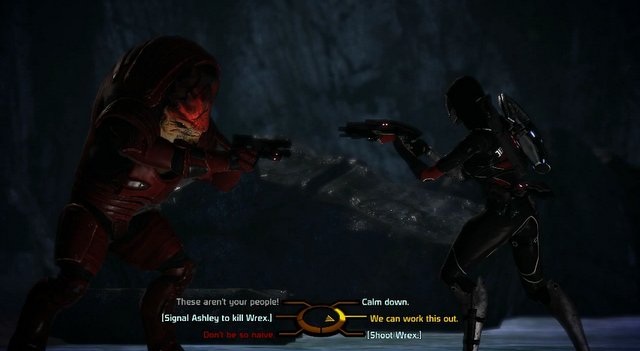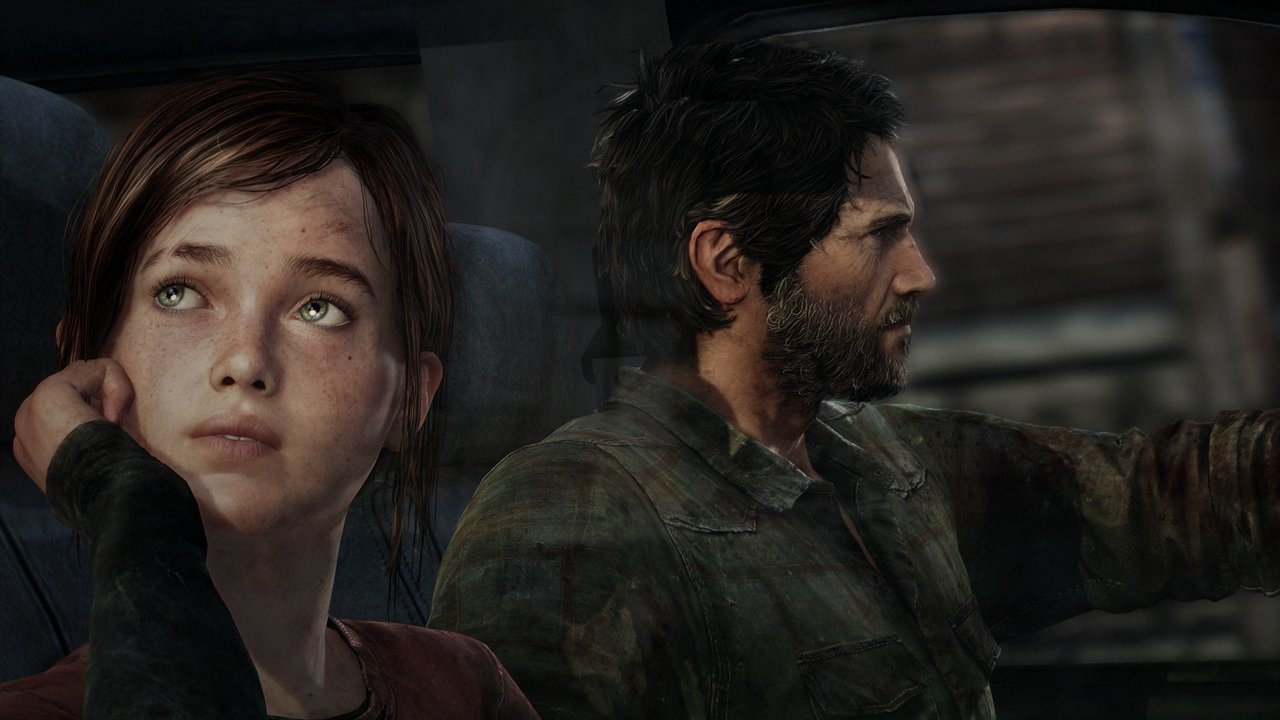This question has been asked for many years now: Are video games just mindless, violent babysitters, or can they be a great source of scholastic material? It really all depends on what we are considering "learning tools."
If we think about them along the same terms that we judge books, television, and music, well then yes, why shouldn't they be held to the same level of study? Video games can offer us plots, character development, twists, morals, and ideas in much the same way that a picture book can bring that knowledge to a preschooler. Every game has at least a basic storyline. Pac-man presents us with a simple tale: eat dots, capture ghosts. Yet this game relies on good reflexes and hand-eye coordination, something well beyond ink and paper.

What about us as a whole? What can we learn about humanity in general? This is something I feel has only recently been addressed in video games. My favorite example is the
Mass Effect trilogy. In these games, you are presented with many different choices that completely effect the course of the story throughout the entire series. Right from the beginning, you are sucked into this world and become attached to these characters you share the space with. When faced with questions that could ultimately decide the fate of these characters, I often found myself actually stop playing to consider what I was doing and what impact this could have on my character. One in particular too me several hours to think about before I finally chose. I learned something about myself in those games, about my beliefs and my morals. Whenever something can do that, digital or analog, it is a whole new breed of entertainment- it's educational, beyond a textbook.
Another game,
The Last of Us, combines emotion, reality, and pop culture into one to create a stunning piece of artwork and literature. Here, we are presented with a post-apocalyptic world full of zombie-like creatures. While death runs rampant, alliances form as well as distrust. You are never really sure who's on your side, but you know one thing: Ellie is important. Ellie is a young girl who comes along with you on your journey. She makes small talk with your character often, adding to the depth of the story as well as your emotional attachment to her. As the story goes on, you feel many things: joy, hope, despair, fear, sadness- and it all makes for a thrilling story.
Can we learn something here? If anything, video games can be viewed as a more emotional book. Don't get me wrong, I have become so immersed in some books that I have spent days just reading it to find out what happens next. But there's nothing quite like a good storyline in a video game, created by a team of passionate "authors" who want you to discover something new about yourself, and when they succeed, the feeling is well worth the education.
 The games have garnered much criticism and debate, even at the scholarly level, over its use of themes such as mental disorders, objectification, religion, and sexuality. Each of these "problems" brings life into each character as we watch their struggles and work to ease their suffering.
The games have garnered much criticism and debate, even at the scholarly level, over its use of themes such as mental disorders, objectification, religion, and sexuality. Each of these "problems" brings life into each character as we watch their struggles and work to ease their suffering.









